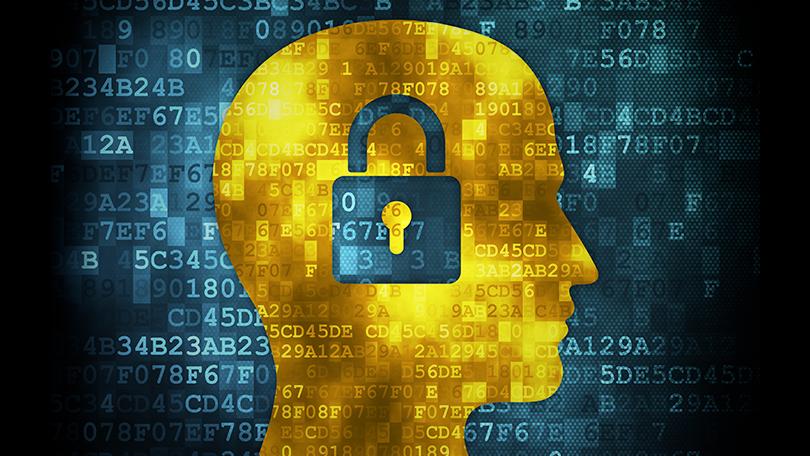https://www.nextbigfuture.com/2020/10/is-the-real-estate-industry-crossing-a-privacy-line-with-biometrics.html
Biometric data is derived from measuring and calculating unique human characteristics like fingerprints and palm prints. For decades, these basic forms of biometric data have been used to grant access to secure areas. For example, employees are often required to scan their face, eyes, palm, or thumb to gain access to high-security areas.
Similar to employers, today’s landlords are using biometric data for security. However, tenants are concerned that landlords will sell their data to marketers.
Today, all data is valuable, including real estate data. Although landlords are using biometrics to increase security, tenants aren’t willing to give up their privacy for tighter security.
Landlords are Embracing Biometric Security
In an effort to tighten up security, landlords across the U.S. have been installing biometric door locks and facial recognition cameras to grant entry only to authorized tenants. They’ve also been installing basic smart locks on tenants’ doors, some of which require a thumbprint for entry.
Landlords have a right to secure their property, but many tenants think biometric security infringes on their right to privacy. Those tenants have a point. Tenants shouldn’t have to give up their biometric data to enter their own home. Landlords have no business knowing when a tenant comes and goes from their own home.
Worse, electronic key fobs track a tenant’s location and some tenants are worried their landlord will sell their data to advertisers. In the end, biometric security might not be the best solution.
Biometric Security is a Double-edged Sword
At first glance, using biometric security seems like a good move. Tenants deserve to live in a secure space. However, some tenants feel targeted and even harassed by biometric and smart security. For example, one landlord in Houston reportedly locked 50 tenants out of their homes for not paying rent on time. Locking a tenant out for not paying rent is already illegal, but is further problematic given the federal eviction moratorium in place until early 2021.
Other tenants in New York have taken their landlords to court for using facial recognition cameras and requiring the use of electronic keys or mobile apps to access mailboxes and elevators.
With tensions high over COVID-19, it’s an uncertain time to be a landlord. If you’re a landlord considering biometric security, get your property analyzed by a professional property management company. Most companies have decades of experience helping landlords maintain a secure property without making tenants feel like their privacy is being violated.
If you’re too busy to deal with upgrading your security measures, a property management team will help you manage and secure your property. It’s the best way to hand over your landlord duties and know your tenants are in good hands.
Since this technology used in real estate is fairly new, the law isn’t clear on how to handle biometric security systems that may infringe on tenants’ rights. A property management company will make sure you don’t violate any new laws as they’re created.
Biometric Security Laws Are Being Introduced
Unfortunately, there are no existing laws that specifically govern the use of biometric data and smart security systems in the real estate industry. However, that’s about to change.
New York City Councilman Brad Lander introduced legislation to preserve a tenant’s right to use traditional locks and keys over electronic and biometric entry systems. The KEYS Act, also known as the Keep Entry to Your Home Surveillance-Free Act, would prevent landlords from requiring tenants to use electronic locks to enter their home, including lobbies and main entrances to apartment buildings.
Although smart lock manufacturers insist that biometric scanners only capture about 5% of a person’s facial features and no photographs are created, many tenants still feel like it’s a privacy violation.
The other problem is that some landlords have been caught using smart and biometric security systems to keep tabs on tenants in order to build a case against them. This could easily do unwarranted damage. For example, a tenant with an out-of-town visitor might be perceived as having an illegal Airbnb guest based on electronic key usage.
Can biometric security and privacy coexist?
Can biometric security ever exist in the same space as privacy? Many tenants think just the mere act of scanning their face is a privacy violation, whether their face is stored or not. Other tenants are fine with using electronic locks and apps, as long as they aren’t being tracked by their landlord.
While it’s possible for biometric security and privacy to coexist, it will require tenants to trust that they aren’t being tracked and sold out to marketers, and that their biometric data isn’t being used nefariously.


















